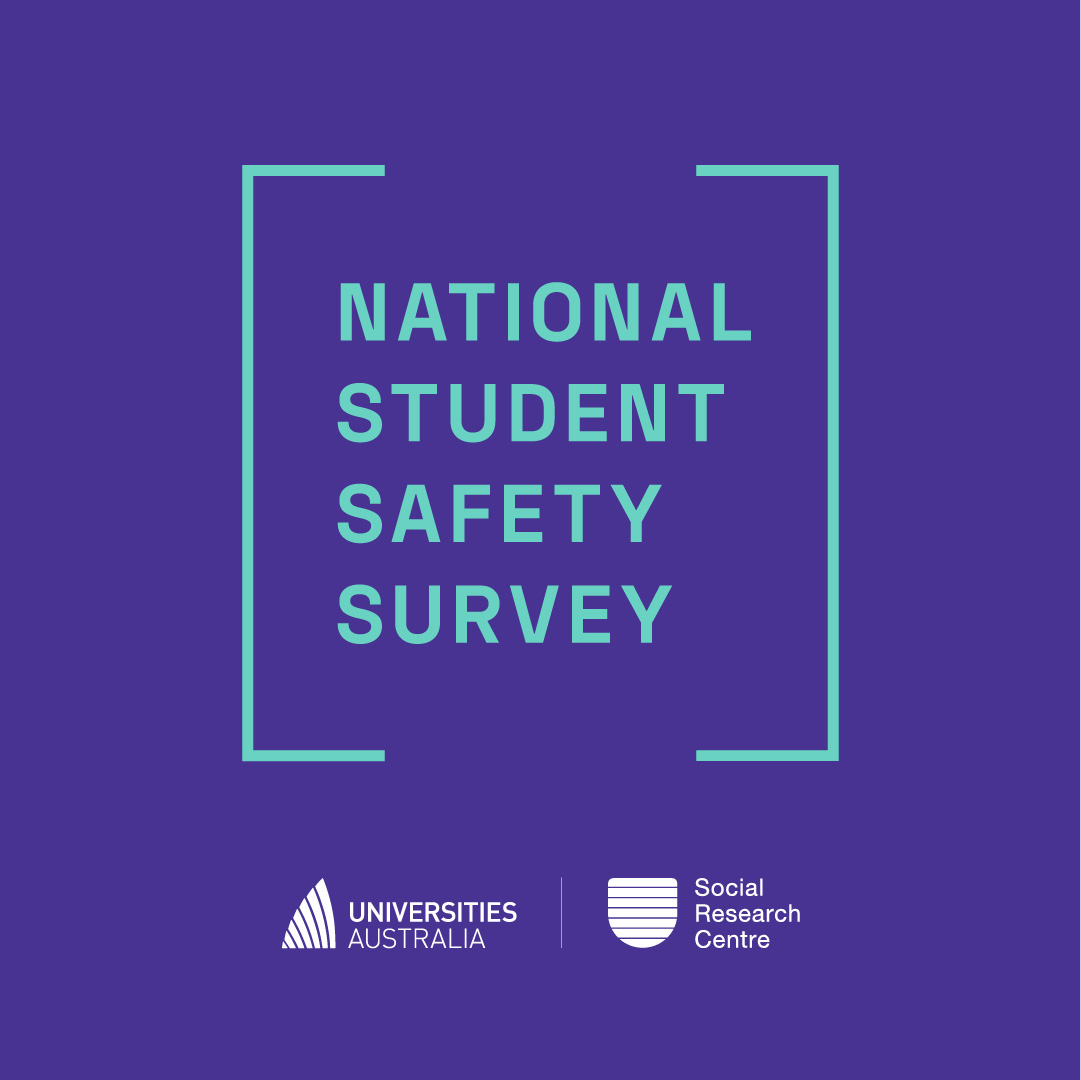
Flinders University supported a National Student Safety Survey conducted during Semester 2 last year, in line with our commitment to providing a safe and respectful learning environment for all staff and students.
Universities Australia has released the sector-wide results of the NSSS, providing insights into student experiences of sexual harassment and sexual assault.
Each university has been provided with an institution specific report.
Flinders University’s report, a summary of which is published on our website, shows 1,030 Flinders students took part in the survey.
It shows that even with considerable efforts to address sexual harassment and sexual assault there remain instances at Flinders.
In the past 12 months 11.2% of respondents said they experienced sexual harassment, while 1% said they had an experience of sexual assault.
Vice-Chancellor Professor Colin Stirling says even one instance of sexual harassment or sexual assault is unacceptable and Flinders will continue to take action where breaches to safety and our code of conduct are found.
‘Firstly, I thank all who participated in the survey and particularly survivors for their courage in sharing their experience and providing guidance of the actions we need to take.
‘I am concerned to note that almost half the Flinders respondents said they know nothing or very little about where to go to make a complaint.’
Professor Stirling says he is concerned that COVID-19 may have increased experiences of gender-based violence, particularly online, and Flinders is working to ensure the distinct needs of diverse groups – including those of diverse cultures or gender identities – are not overlooked.
‘We have made important progress in building a culture of safety, improving education and awareness around sexual assault and sexual harassment, simplifying reporting processes and boosting counselling.
‘Nevertheless, the results indicate we need to continue to do still more, and we welcome the insights the report provides to further direct our efforts,’ Professor Stirling said.
‘Accordingly, we will introduce bystander training, take further action to lift awareness and access to reporting processes and support services, and review our policies and procedures for managing sexual harassment and sexual assaults complaints.
‘Although sexual harassment and sexual assault is a problem across society, as a place of education we have a particular responsibility to address and prevent it. Changing unacceptable attitudes and addressing the drivers of sexual violence right across societies is complex and will require a sustained effort.
‘I want Flinders to be a welcoming and safe environment, free of any form of harassment or violence – that means listening, and continually working with our campus community, so that together we live our shared values and foster a culture of safety,’ Professor Stirling said.
‘When and where incidents are reported, we will act. Where safety has been breached, we will act. Where our code of conduct has been breached, we will act.’
Noting the findings of the NSSS report could cause distress, Professor Stirling says Flinders Counselling Services are at the ready to provide immediate support for any students. Assistance is also available for staff via Flinders’ Employee Assistance Program.
Flinders University’s summary results can be found on our Safety on Campus page, and the national survey responses are available via Universities Australia.

